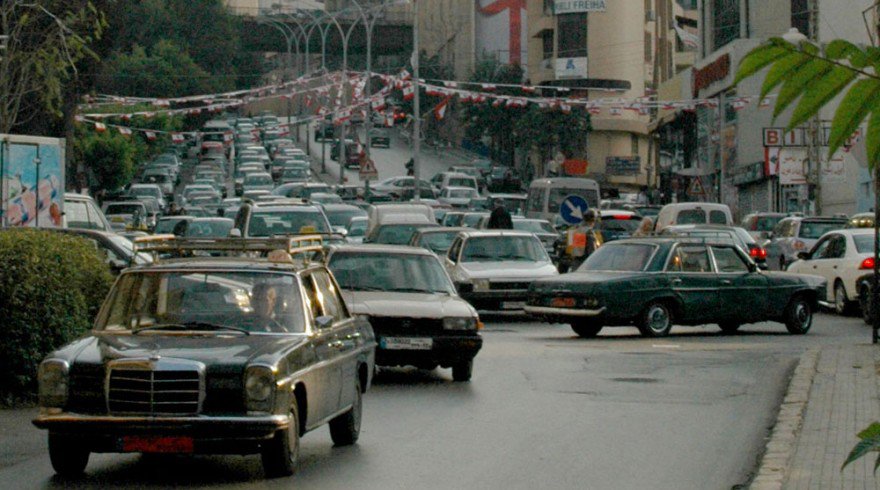
As Lebanese we are by far the most creative people when it comes to what we believe is the most convenient means of transportation. Just name it and we’ve got it! If you ever thought it couldn’t get any more eye popping, think again …

As Lebanese we are by far the most creative people when it comes to what we believe is the most convenient means of transportation. Just name it and we’ve got it! If you ever thought it couldn’t get any more eye popping, think again …
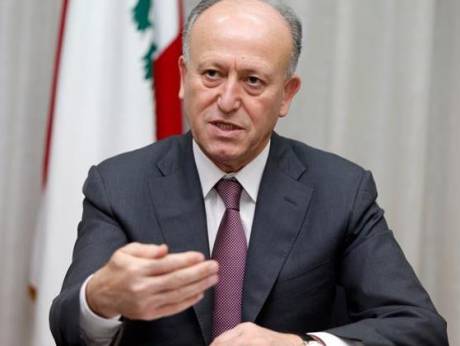
Reuters
Beirut: Lebanese Justice Minister Ashraf Rifi resigned on Sunday, blaming political rivals Hezbollah for the country’s political deadlock and protesting over the release on bail of a former minister sentenced for smuggling explosives from Syria.
Lebanon’s political crisis has left it without a president for 21 months with rival factions unable to agree on a candidate, and has paralysed state institutions, preventing the government from taking even basic decisions.
The release on bail of ex-information minister Michel Samaha last month after serving eight months of a 4 1/2 year jail sentence for smuggling explosives from neighbouring Syria and planning attacks drew anger and condemnation from Syrian President Bashar Al Assad’s opponents in Lebanon.
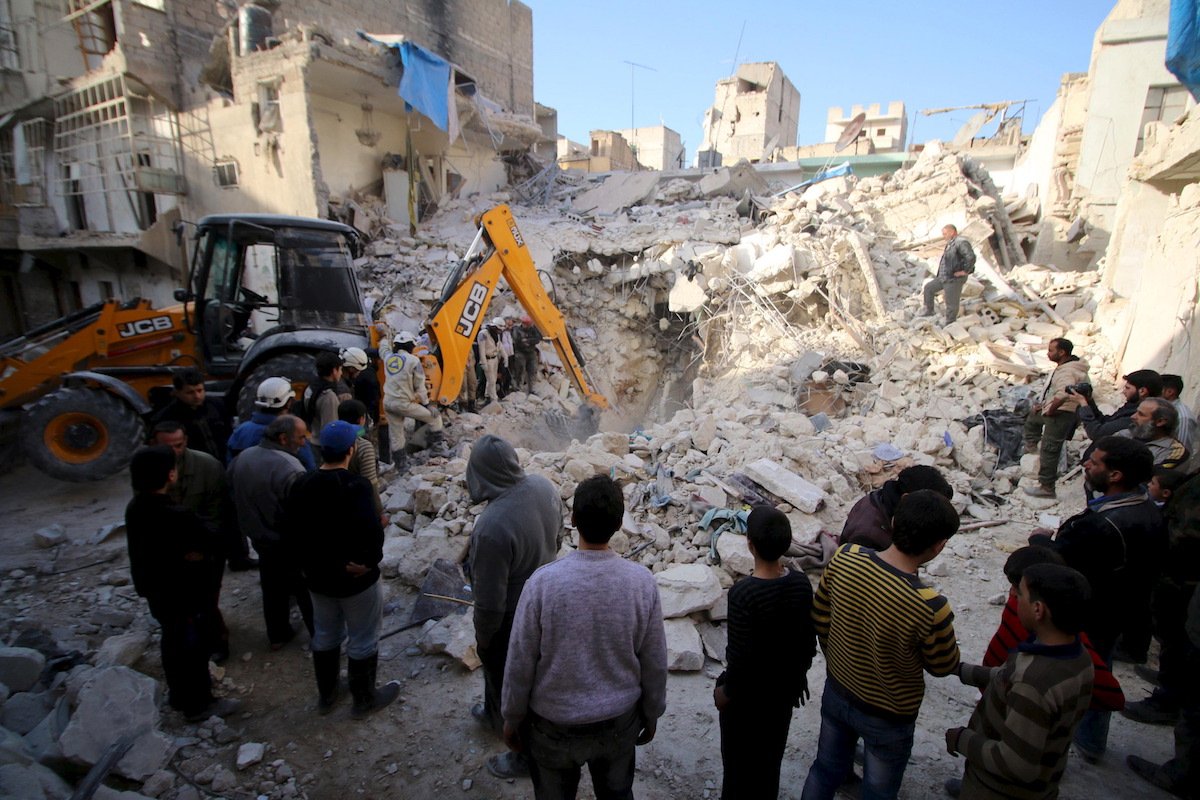
by Armin Rosen
Friday was supposed to be an important deadline in Syria’s Civil War.
On February 11, the International Syria Support Group (ISSG), a group of countries with interests in the outcome of the Syria conflict that includes the US, and Russia, announced that a "cessation of hostilities" would begin within one week.
But the deadline to end the violence has now passed, making the "cessation" plan seems even more like a half-hearted attempt at imposing a peaceful solution that none of the major combatants in Syria seem to actually want.
As it was, the cessation announcement was meant to salvage some kind of resolution from flailing peace negotiations — talks that Syrian opposition groups want to make conditional upon Russia halting its airstrikes.
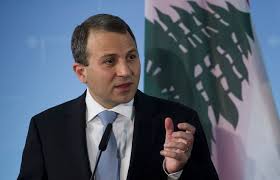
By zeina karam, associated press
Lebanese politicians traded accusations Saturday over the decision by Saudi Arabia to halt deals worth $4 billion aimed at equipping and supporting Lebanese security forces, adding to tensions in the deeply divided country, which is struggling with the fallout from neighboring Syria’s civil war.
The decision was announced by Saudi officials Friday in retaliation for Lebanon’s siding with Iran amid the Sunni kingdom’s spat with the Shiite power. The Gulf Cooperation Council backed the Saudi decision, raising concerns it could have repercussions for thousands of Lebanese living in Gulf countries.
The small Mediterranean country has a sectarian divide that reflects the wider regional split between Sunni and Shiite powerhouses Saudi Arabia and Iran, and has long been a battlefield where the region’s proxy wars play out. The Saudi announcement immediately prompted sharp accusations among Lebanon’s notoriously fractious party leaders.
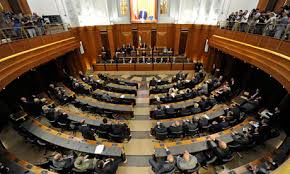
Joseph A. Kechichian, Senior Writer
Beirut: “The state has failed in handling the garbage management file which had turned into a Mexican soap opera and a national and health disaster burdening the Lebanese,” Phalange Party leader Sami Gemayel declared after yet another national dialogue session that brought under the same roof political elites that loathed each other, visible for one and all to see on a more or less regular basis.
The 15th dialogue session, which included the Marada Movement leader Sulaiman Franjieh — who stepped out early to visit former Prime Minister Saad Hariri — but not Progressive Socialist Party’s Walid Jumblatt nor the Free Patriotic Movement’s Michel Aoun — was devoted to the garbage crisis that lingered since July 17, 2015 when the Naameh landfill was closed. Many Lebanese wondered where else would leaders hold “national dialogues” to discuss garbage.
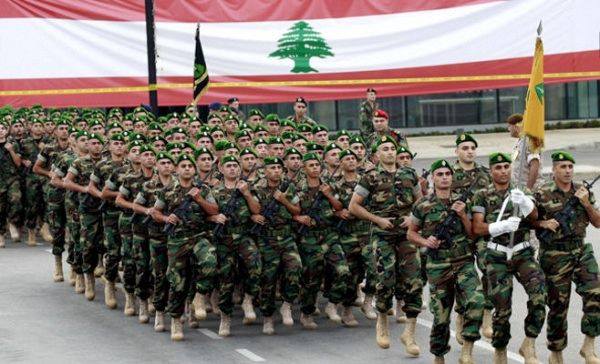
ABC news
Saudi Arabia announced on Friday it is halting deals worth $4 billion aimed at equipping and supporting Lebanese security forces in retaliation for the tiny country’s siding with Iran amid the Sunni kingdom’s spat with the Shiite power.
The surprise announcement, carried by the state-run Saudi Press Agency, comes as deeply divided Lebanon struggles to handle the fallout from neighboring Syria’s raging civil war. The Lebanese government declined to immediately comment on the Saudi decision.
One deal involves a four-year, $3 billion Saudi pledge to buy French arms for the Lebanese military, which already has seen the Mediterranean country receive modern anti-tank guided Milan missiles last year. The other involves a $1 billion support deal for the Lebanese police.
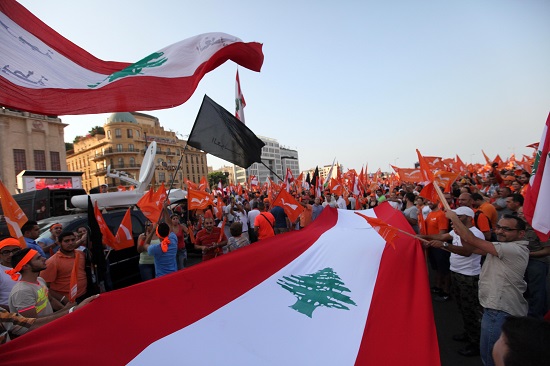
And so the painfully slow process of agreeing on a new president for Lebanon continues. A breakthrough — of sorts — was reported last month when candidate Samir Geagea announced he was pulling out of the race and would endorse his rival, Michel Aoun, potentially arresting Christian indecision over which candidate to support. However in November last year, Sa’ad Hariri, Geagea’s longstanding ally in the Sunni-Christian political alliance — the March 14th bloc — announced he was nominating alternative Christian candidate Suleiman Franjieh. This has triggered another stand-off and there remain two candidates to choose from: Aoun or Franjieh.
Under Lebanese constitutional law, the president of the country must be a Christian, the prime minister a Sunni Muslim and the speaker of the house a Shi’ite Muslim. The role of speaker has long been occupied by Amal leader Nabih Berri, and, owing to the strength of the Shi’a dominated ‘March 8th‘ alliance (Amal and Hizbullah). this has never been challenged. Currently Tamam Salam is acting as interim prime minister as a compromise candidate but he wields little influence. A parliamentary vote is necessary to elect the new president and that is scheduled for 2 March. The March 8th alliance has demanded agreement on a candidate from all sides before the vote and, in the absence of this, has boycotted earlier attempts to hold the vote that requires the presence of 86 lawmakers to be valid.
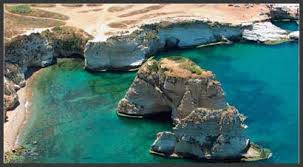
The Lebanese tourism ministry has just released visitor figures for 2015. It appears that despite ongoing security concerns, nearly 2 million Syrians pushing Lebanon’s infrastructure to breaking point and an ongoing environmental emergency, we welcomed 1,517,927 visitors last year, an increase of more than 10 per cent on 2014.
But I’m not convinced that our tourist industry is doing that well. It is widely known that business travellers are included in the numbers, as are the hundreds of thousands of Lebanese who carry foreign passports and who may be coming here for reasons other than relaxation or sightseeing. I also imagine that many of those Iraqis who we are told make up the biggest number of Arab visitors are en route to a better life in Europe.
Samir Moqbel Lebanese Defense Minister AP, Lebanon’s defense minister is urging the European Union to speed up assistance for the huge number of refugees from war-ravaged Syria that his country is now harboring. Samir Moqbel says he has appealed to Cypriot President Nicos Anastasiades to convey the message to other EU member states to speed […]
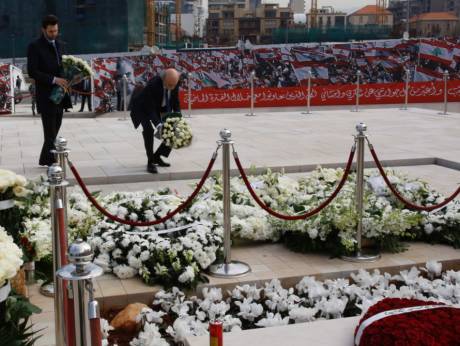
Joseph A. Kechichian, Senior Writer
Beirut: For the 11th year running, thousands gathered to commemorate the assassination of Rafik Hariri, on Valentine’s Day in 2005. Hundreds of thousands watched on television screens though only MTV, Al-Jadeed, Future Television and LBC carried the commemoration live. OTV, TeleLiban, NBN and Al-Manar broadcast regularly scheduled programmes.
Speaking at the Biel Conference Centre, the fallen martyr’s son, former prime minister Sa’ad Hariri reiterated his commitment to his father’s memory. He repeated that no one stood above the state.